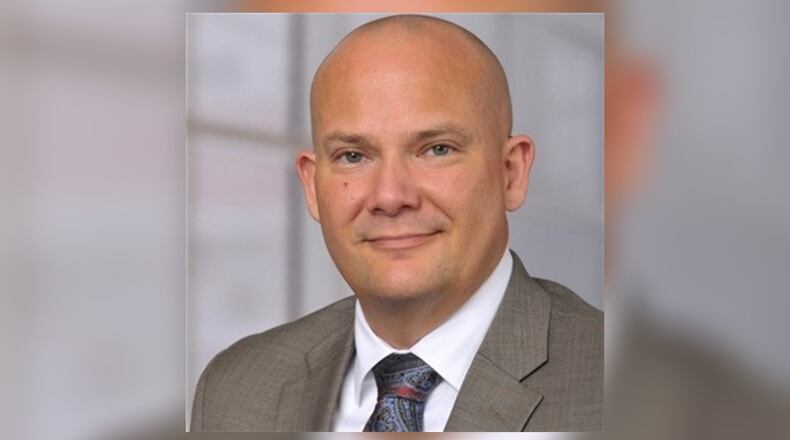Yet the described lived experience of fathers was even more insightful. Fathers conveyed “Connection with other fathers/families seems like an impossible task - help!” and “The biggest issue I have is that everyone defers to the mother… I have had to put in extra work to make sure that I was included and that everyone knew that I am actively involved in my son’s life.”
Though not everyone shares the experience fathers of children with developmental disabilities traverse, everyone can play a role in helping engage, connect with, and support fathers of children with developmental disabilities. Medical professionals, service providers, educators, mothers, fathers and communities can:
- Strive to include fathers in the scheduling of meetings and appointments, and make sure to ask for the father’s perspective and input in the conversation.
- Make certain to gather and record the father’s contact information to ensure communications are provided to him as well.
- Foster opportunities for fathers to connect with other fathers and build meaningful relationships. These could be fun, dad-inviting activities (Top Golf, axe-throwing, etc.) or even as simple as inviting another dad for a cup of coffee. Creating a social network for father connections can be tremendously impactful.
- Provide education and resources that resonate with fathers while using types of information and mediums most significant for them.
From one dad to a child with a developmental disability to the other dads of children with developmental disabilities: know you are not alone or unnoticed in your journey in your unique path of fatherhood. I recognize your tireless advocacy, your boundless patience, and the joy you bring to your child’s life. Thanks for being their hero, their champion, and their unwavering source of love. Additionally, you have a tremendous opportunity to be a friend and support for another father. As one dad shared, ‘Experienced fathers who are willing to engage with and support less experienced fathers are valuable.” Consider reaching out to connect with other men to be the friend and role model other men are eager to connect with and learn from. Your lived experience is life-giving to fathers feeling isolated, alone, disconnected, and unsupported.
Together, we all have a role and responsibility in Bringing Fathers Forward.
To learn more about Bringing Fathers Forward visit www.dodd.ohio.gov/BFF
Corey Ferguson is the proud father of a 14 year old daughter with profound disabilities.
About the Author
